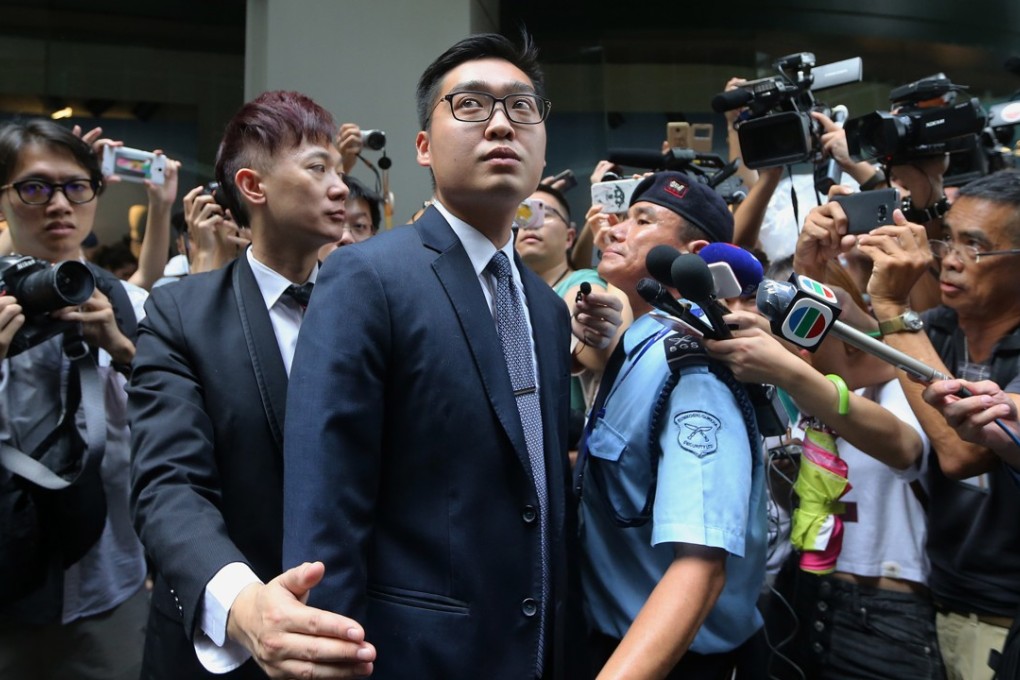A threat to city’s freedom or a necessary step for security? Hong Kong National Party ban divides opinion
Some warn that banning separatist party creates a legal grey area and suppresses free speech, but other legal experts say move only concerns the party itself

The basis for the ban on the Hong Kong National Party:
● Secretary for Security John Lee Ka-chiu has decided to officially ban the Hong Kong National Party on grounds of national security, public safety, public order and the protection of the rights and freedoms of others
● Lee said the party had taken actions in the past two years to build support for its cause to break away from China, and spread hatred and discrimination against mainland Chinese people in Hong Kong
● Noting the separatist party had yet to resort to violence, Lee said he could not neglect its threats posed to public safety and order as the party had made it clear it would exhaust all means to its goals, including the option of using force
● Lee said freedom was not without limits and the prohibition was “necessary and proportional”
The laws justifying a ban on the Hong Kong National Party (HKNP) on national security grounds lack clarity and could pose a threat to the city’s freedoms, several observers warned, even as other legal experts maintained the main target was the party and no one else.